On December 23, 2021, the U.S. Department of State, in consultation with the Department of Homeland Security, announced that in certain cases, the interview requirement for visa stamps may be waived for some nonimmigrant applicants with a petition approved by the U.S. Citizenship and Immigration Services. This policy will be in effect until the end of 2022. Please note that even if a visa applicant meets the below conditions, this is not a guarantee that a visa interview will absolutely not occur, as consular officers always have the option of requesting an interview.
Read MoreOn November 10, 2021, the Department of Homeland Security (DHS) reached a settlement with major implications for L-2 and H-4 spouse work permits. The settlement has successfully changed longstanding immigration policy and means H-4 and L-2 spouses can now more easily obtain and renew their employment.
Read MoreAs COVID-19 vaccination efforts continue to progress rapidly in the United States, a common question that arises for international employees is whether it is feasible to travel internationally at this time. Unfortunately, the answer remains complicated.
Read MoreBiden resurrects a U.S. immigration option for international founders and their startups that is modern and in keeping with current business models, typical funding, and more! Entrepreneurs have the Biden Administration to thank for taking the clear step in resurrected the 2017 Obama era International Entrepreneur Rule (IER), which grants immigration parole to foreign-born entrepreneurs, who can prove that through their qualifying startup, will provide a significant public benefit to the U.S., in terms of job creation and growth.
Read MoreOn April 27th, 2021, USCIS announced that the agency is issuing policy guidance instructing
USCIS Officers to give deference to prior determinations when adjudicating extension requests. In other words, USCIS Officers are being directed to defer to prior determinations of approval for extension requests including the same parties and facts.
Again the courts, especially in California, have helped maintain some sense of order in the immigration world. Most recently, on October 1, 2020, Trump's H-1B, L, and J visa ban on the issuance of new visas, have been enjoined by a California Federal District Court. Although this only directly benefits the named plaintiffs it is a good sign. We will keep you updated on how this progresses.
Read MoreAs a result of a suit filed by Harvard and MIT against the USCIS, F-1 international students can once again take online courses and maintain their immigration status. ICE guidance has been rescinded as a result of the Federal court case, President and Fellows of Harvard College et al. v. U.S. Department of Homeland Security et al., case number 1:20-cv-11283, in the U.S. District Court for the District of Massachusetts. It appears that the Harvard suit filed against DHS which was set for oral arguments today but ended swiftly as the government agreed to back off of the new ICE directive which put students taking only online courses (due to Covid-19) in jeopardy of losing their immigration status.
Read MoreWebinar providing an analysis of the recent Trump Immigration Order targeting H1B, L, and J Visa holder’s ability to obtain visas and enter the U.S. Please listen for information on who it affects, who it does not impact, and where the ambiguity remains. The webinar also provides ideas for companies on how best to reduce the impact of the Order and what else we might expect on the immigration front.
Read MoreWith the expected furloughing of 13,000 plus USCIS employees, there will be serious ramifications for U.S. companies in terms of predictability and onboarding of international employees in H1B, L1, O1, and other Visa status types. This, on top of the current Trump Immigration Executive Orders, makes for a challenging time. Be prepared by learning about three possible ramifications.
Read MoreOn June 29, 2020, the Trump Administration updated the June 22, 2020, Immigration Executive Order, providing additional detail to one of the three requirements for an individual to be subject to the immigration ban on entry for targeting H1B Visa holders as well as L1, J1, and H2B Visa holders. This amendment unfortunately seems directly aimed at removing an argument that we were hoping to be able to use in helping clients reduce the impact of the Order. The change directly narrows the Visa type that a person must have held on June 24, 2020, in order to avoid falling under the ban on entry.
Read MoreWill the Department of State properly interpret and apply the plain language of the Immigration Order? Are those individuals who were inside the U.S. on June 24, 2020, exempt from the Order? Are those who held any valid visa type on June 24, 2020 exempt? It already appears that the DOS is failing to abide by the actual criteria of Trump's Immigration Order.
Read MoreHow does the Trump Immigration Executive Order impact Canadian H1B and L1 ‘Visa’ holders? Trump’s Executive Order set to become effective on June 24, 2020 is set to impact visa holders seeking entry from abroad through the H1B professional worker visa, L intracompany transfer visa, but Canadians may be okay it appears.
Read MoreAs expected, President Trump has released a follow up Executive Order to the Proclamation that was issued on April 22, 2020 which restricted Green Card processing for those outside of the U.S. Many of the restrictions we expected to be in this Executive Order are now in fact confirmed as provided in detail below. This order is set to last from June 23, 2020 through until December 31, 2020 with possible extensions thereafter.
Read MoreWith the all but certain Trump Administration’s upcoming Executive Order set to limit entries of L1 and H1B visa holders, the E Visa is about to get its time in the lime-light. As discussed in depth in our prior E Visa article, the E2 Visa can provide nationals of E Visa treaty countries with a fantastic U.S. immigration option to enter as an Investor, Executive, Supervisor, or Essential Employee.
Read MoreWith Trump’s impending executive order we may be facing additional restrictions on non-immigrant visa entries into the U.S. and more. What can employer’s do to prepare?
Read More















